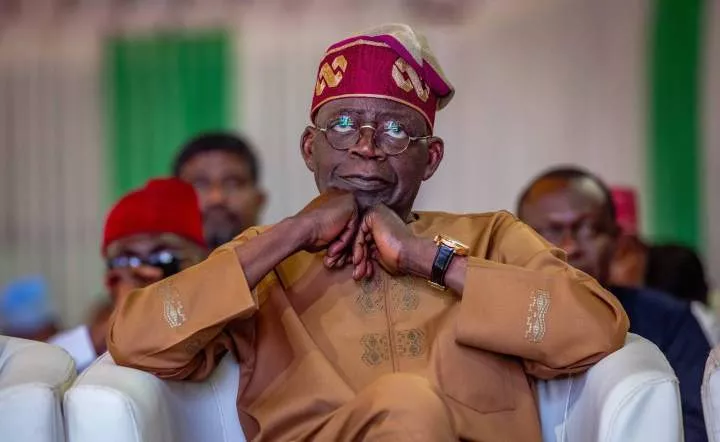
One silver lining that comes with a country's downturn is citizens inadvertently take a crash course in economics.
The words "inflation", "currency devaluation", "debt servicing", and "revenue", litter social media discourse as people debate the state of the economy.
The first two months in office of President Bola Tinubu according to the New York Times, has shaken up the country as economic decisions welcomed by investors and international backers have been devastating to the livelihoods of many Nigerians.
Nigeria has just ended a 50-year-old social contract of petroleum subsidies with its citizens, who now decry the impact of the high cost of fuel prices.
In 1970, about 72% of the cost of a litre of petrol was paid by the government. In 2011, that figure fell to 43%, today the government has decided to pay zero.
As a result of this, higher fuel prices have had a ripple effect on purchasing power of Nigerians as transport costs and food prices increased.
In addition to this, the Central Bank adopted a managed float exchange rate system, dumping the fixed exchange rate operated over the years.
As a result of this reform, exchange rate volatility has added more pressure on the costs of goods and services in the import-dependent country.
The Central Bank's attempt to make the 'FX market more efficient', which is the correct term as expressed by Folashodun Shonubi, the Acting Governor of the Central Bank instead of media-echoed "unification of rates" has exposed frailties in the fundamentals that preserve the value of the country's currency.
Nigerians have been fixated on low petrol prices and cheap FX because of subsidies and the pegged exchange rate system in place - and now the economy has broken down as a result of it.
It was never sustainable - mirroring the lyrics of street musician Qdot who sings in his native Yoruba language - "you bought a car for 150,000 naira and you are saying it shouldn't break down at night"?
Every day, people end up broke, and every day companies end up bankrupt, but citizens just like Nigerians today, struggle to come to terms that their beloved countries can face adversity.
Perhaps, this disbelief stems from either the misconception that a government can always print its way out of trouble or borrow infinitely without consequences.
In Nigeria's case, printing and borrowing options have been strained, hence why the President has pleaded for more time to see Nigeria realize its economic potential.
So, why was the subsidy removed?
Nigeria has spent about N21.7 trillion in the last 18 and a half years according to the reports. Last year, the country spent $10 billion on fuel subsidies alone.
Subsidies are funded by potential oil revenue through 'under-recovery schemes' and 'Direct Sale Direct Purchase' contracts, a scheme where NNPC directly swaps crude oil for fuel.
Even with the subsidy removed in May, Nigeria still owes N2.8 trillion for subsidy arrears.
The Buhari administration spent 96% of its revenue collected in 2022 on servicing its loans, while Public debt grew seven-fold to about 77 trillion naira.
Now, if Oil money which accounts for about 90% of government income is used for subsidizing fuel. How do you currently run your economy?
How do you support the FX market? For a large portion of 2022, NNPC did not remit any dollars to the Federation Account, depriving Nigeria of the necessary dollars to meet her FX demand. Additionally, spending all your revenue on consumption is a recipe for disaster.
Other sectors of the economy will lag and when FX becomes scarce, essential commodities will become scarce just like in the 80s.
Okay, why could it not be removed in phases?
If the objective of removing fuel subsidies was to protect oil revenue, provide FX supply, and invest in the economy - removing it in phases will not solve anything.
Subsidies had already become corrupt as smuggling made it difficult for Nigeria to ascertain how many litres Nigerians consumed daily.
So removing "50%" of subsidy on the inflated number of litres of a commodity determined by a fluctuating exchange rate and volatile oil prices will bring you back to square 1.
Buhari adjusted fuel prices during his administration from N85 to N185 in an attempt to phase out subsidies to protect government revenue but despite his efforts, Nigeria spent more money on fuel subsidies in the last two and a half years, than the preceding 5 years.
Where would the saved subsidy funds go?
From all indications and communique, The Federal government has chosen to prioritize the economy and infrastructure over the consumption of petrol.
When the economy thrives, businesses thrive and people thrive.
When petrol stays cheap, and the economy stagnates, then people stagnate. Setting up the Infrastructure Support Fund, the President has The new Infrastructure Support Fund (ISF) will help Nigeria's 36 states revamp transportation, including upgrades of farm-to-market roads.
It will also fund health, education, power, and water projects. The President has said they will invest N75 billion in the Manufacturing sector, N125 billion into MSMEs and Nano Business Investments, distribute food initiatives, spend N200 billion on Agricultural Land investment and spend N100 billion on 3000 CNg fuelled buses. All these would plug the gap in infrastructure.
Nigeria's infrastructure deficit, amounting to 30% of its gross domestic product (GDP), falls short of the international benchmark of 70% set by the World Bank.
The World Bank has projected that Nigeria will need to invest $3 trillion to reduce its infrastructure deficit.
Were the poor benefitting from fuel subsidies?
Going by the data, poor people were the least beneficiaries of subsidized petrol.
A study provided by the National Bureau of Statistics (NBS), NEITI said that expenditure on petroleum products by the five income groups in Nigeria showed that the richest 20% consumes 75% of petrol in Nigeria while the poorest 20% consume just 1% of the product.
If you extend the analysis to cover more income groups, the initiative said that the NBS data also confirmed that the richest 40% consumes 90% of the fuel while the poorest 40% consumes 4% of fuel subsidy spending.
Poor people and most Nigerians primarily spend most of their income on food. That's why the government introduced the intervention plan for Agriculture to bring food inflation (25%) down.
According to PWC, Nigerians spend about 49% of their income on food, which is starkly high compared to developed countries.
The average American spends 6.4% of their income on food. The average British person spends 8.2% of their income on food.
The average Canadian spends 9%. This doesn't mean food is more expensive in Nigeria than these countries, it means Nigerians have lower incomes to accommodate food costs.
Speaking of incomes, why is Nigeria's minimum wage low and can it increase to N200,000?
The purported N200,000 is an economic recipe for disaster. Wage increases must be commensurate with productivity, or inflation will get out of control.
Economists call it the wage-price spiral. Nigeria needs to be more productive. It is noteworthy that some states are yet to implement the N30,000 minimum wage. Manufacturing needs to take the front burner. Governors need to invest in productivity.
Revenue needs to be less dependent on oil proceeds. Increasing wages is fiscally responsible if revenue is up, not when emotions are up.
Till then, wage adjustments are unlikely to be adjusted simultaneously and proportionately. Using data from the first three quarters of 2022, Nigeria made ₦4.26 trillion but spent ₦10.25 trillion and borrowed ₦5.99 trillion. Increasing wages without borrowings and improving revenue is gloomy.
Where is all Nigeria's Oil money?
Nigeria, which has inconsistently been the continent's largest oil producer has not managed her wealth well enough to oversee a productivity jolt. In fact, Oil has led Nigeria to resource curse territory.
The resource curse (also known as the paradox of plenty) refers to the failure of many resource-rich countries to benefit fully from their natural resource wealth, and for governments in these countries to respond effectively to public welfare needs.
Management is very important when it comes to oil resources. Good management gives you Saudi Arabia.
Bad management gives you Venezuela (the country with the largest oil reserves in the world). Prudent management of oil proceeds gives you Norway Sovereign Wealth Fund.
Mismanagement of proceeds gives you Nigeria Sovereign Wealth Fund.
Subsidies are a component of bad management of oil proceeds. For over two years, the Nigerian National Petroleum Company Limited (NNPC) has not remitted funds to federal accounts, partly because of subsidy payments and under-recoveries
The budget expenditure of N20.5 trillion represents the highest in Nigeria's history and is partly funded by expected revenue of 9.73 trillion naira - under the assumption that oil production is 1.69 million barrels per day and oil prices are at $70.
"As a government, the only income you can ascertain is your deficit financing, others are projected or estimated", a source at the Lagos State Debt Management Office said when asked about Nigeria's fiscal position.
In July 2023, Oil production was at 1.3 million barrels per day and has struggled to meet the assumed 1.69mbpd, hence not taking advantage of oil prices, which have been elevated all year and at the time of writing are at $85.
So what's the benefit of reforming the FX market?
The Central Bank of Nigeria has adopted a managed float exchange rate.
The rationale behind this was to make the market more efficient, where willing buyers and willing sellers' interaction can determine the intrinsic value of the Naira to the dollar.
Demand and supply for short. By undertaking this move, the currency has depreciated by about 85%. That puts pressure on costs, including fuel costs.
Nigeria, being an import-dependent country heavily reliant on dollars, would experience some short-term volatility as a result. But it's for the best.
The previous exchange rate system depleted the country's FX reserves as interventions made end-users richer from speculative activity. FX subsidies are inequitable, as they transfer the national wealth to those who had access to dollars and added little or no value to the national economy.
From 2020 to 2022, Nigeria lost, at least, N8 trillion to rent seekers who exploited the multiple rates in the foreign exchange (FX) market.
Even businesses that were given subsidized FX to support their import of raw materials ended up round tripping at the black market which presented an arbitrage opportunity that required lesser effort, and more profits than their business operations.
"The I&E window rate was at N428, the Black market was at N670/700 - So an N200 to N300 premium? even the Pope will be lured because this is the speculator's paradise" marveled Bismarck Rewane, the MD of Financial Derivatives Company when discussing the former FX exchange rate.
Now, with fewer arbitrage opportunities as a result of the "unification", the Pope can remain at the Vatican. Also, high FX costs can provide incentives to corporates to explore local sourcing or backward integration in the medium term.
So why is the exchange rate now higher?
Demand has outstripped supply, hence why the exchange rate is higher. Goldman Sachs claims Nigeria has a demand backlog of $12 billion - which includes the $812 million owed to foreign airlines. Now, foreign airlines are pricing tickets using the prevailing exchange rate which is why tickets are more expensive.
When they priced using the pegged exchange rate system, they struggled to get their funds repatriated, which is the major reason Emirates exited the Nigerian market.
How can the rates come down? Can we have enough FX supply?
Foreign Exchange supply in Nigeria is largely driven by different sources. The most important source of FX is Oil exports which contributed about 60% ($45 billion) of FX supply to Nigeria in 2022.
The next source of FX is Diaspora Remittances contributed 24% ($21.95 billion) of FX supply, while. Non-oil exports contributed about 8% ($7.12 billion) of Nigeria's FX supply in 2022.
FPI represented 3% ($2.44 billion) of FX supply and FDI contributed a paltry 1% at $470 million in 2022. Other sources did a combined 3% ($2.4 billion) of FX supply last year.
From the above figures, Oil money is still the most reliant and resolute. Now picture, Oil revenue when oil theft and subsidies are out of the window.
Nigeria lost about 40% of potential oil revenue because of oil theft and sabotage as it couldn't meet up to its projected production capacity for 2022, losing about $24.5 billion in the process.
Also when the opaque fuel subsidies existed, remittance of oil proceeds became a challenge with NNPC and CBN at fisticuffs. Fixing oil theft and removing subsidies will bring the exchange rate downwards in the longer term.
Driving more investment in upstream activities will also improve Nigeria's earning potential. Nigeria has about 2.5 mbpd production capacity, it's been over a decade, and Nigeria reach that level of production.
The FG is currently working on that. "By the end of 2024, we are targeting minimum daily production of 1.8mb/d of crude, followed by a 2.5mb/d boost to a 4mb/pd by 2030," said George Akume, the SGF of the Nigerian government on a Twitter (now X) thread.
Till then, Nigeria is relying on Diaspora remittances (Nigerians abroad sending money back home) and Foreign Portfolio investments (Foreigners investing in our financial markets) for short-term FX supply. Diaspora remittances have constantly delivered an average of $20 billion year in and year out since 2014.
Foreign Portfolio Investments have been inconsistent. In 2014, it brought in about $15 billion. In 2016, it brought in $1.8 billion. 2019, inflows were at $16.3 billion. 2022, it raked in $2.4 billion.
With yields low, and inflation high, the Nigerian government will have to compensate Foreign investors to overcome repatriation trauma to invest in the financial market. Judging by April to June 2023 transactions, FPI might be trickling in.
The two months (March and April) preceding the President's inauguration month brought about $11.9 million and $10.9 million in FPI. May and June brought in $48 million and $57 million respectively.
The truth is portfolio investors need real positive interest rates above 23% to "rush" the Nigerian financial market. As of last month, Treasury bills auctioned at 12.15% per annum. Would that be convincing? The next 6 months would reveal.
A loan from IMF can help in the short term with liquidity.
A member of the President's economic team has said the intrinsic value of the dollar to the naira is about N700. With liquidity, achieving this is very feasible.
To conclude, tough times for everyone. Hopefully, the leaders can make the policies worth it with proper implementation.

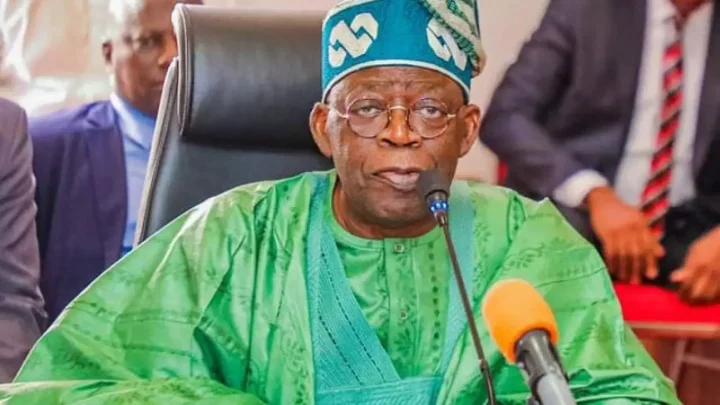
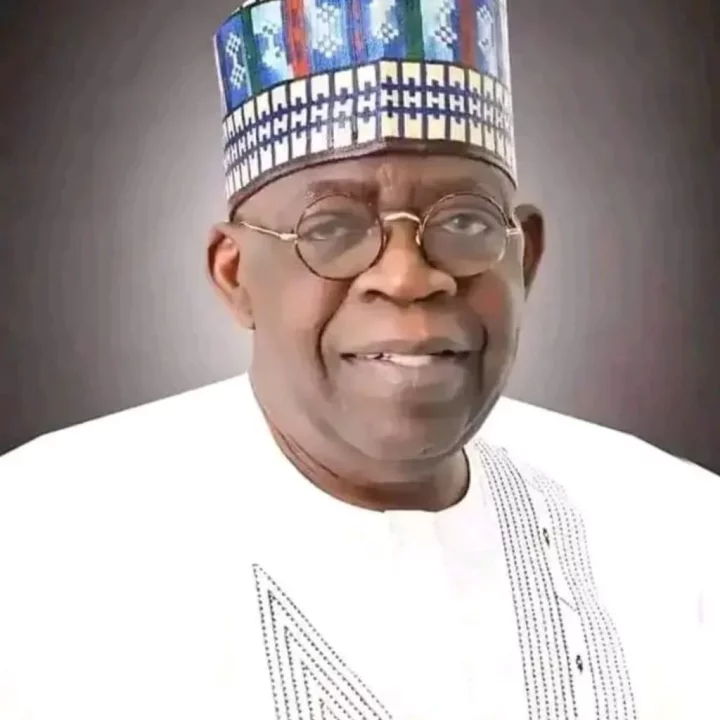
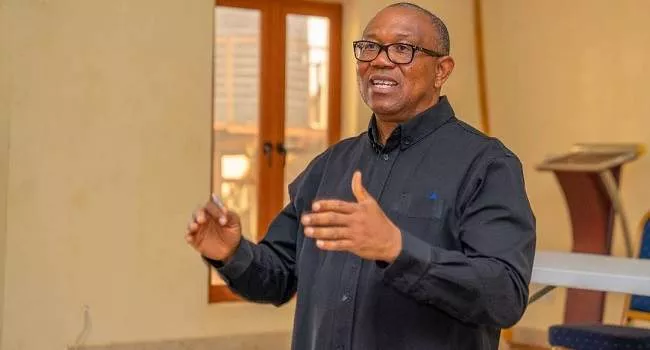
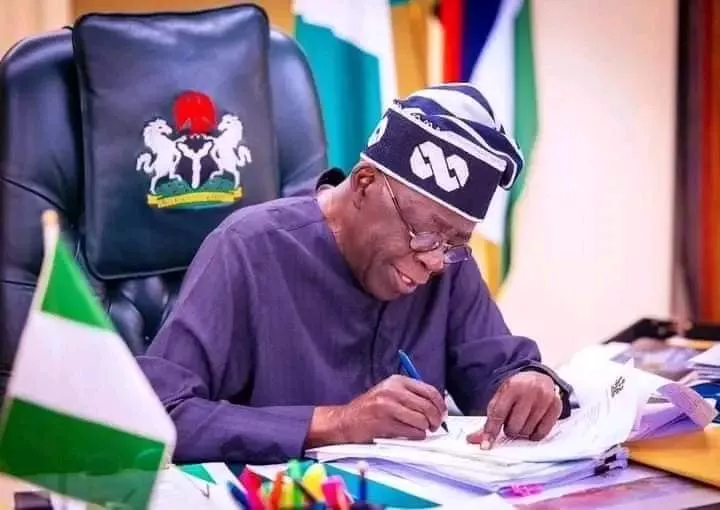
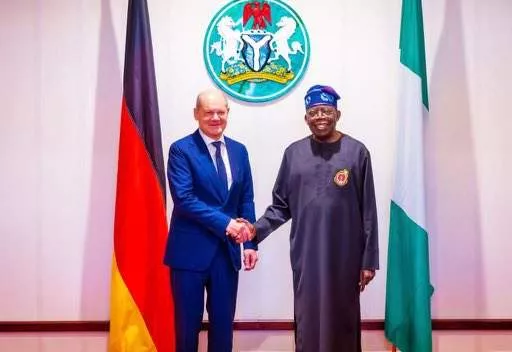
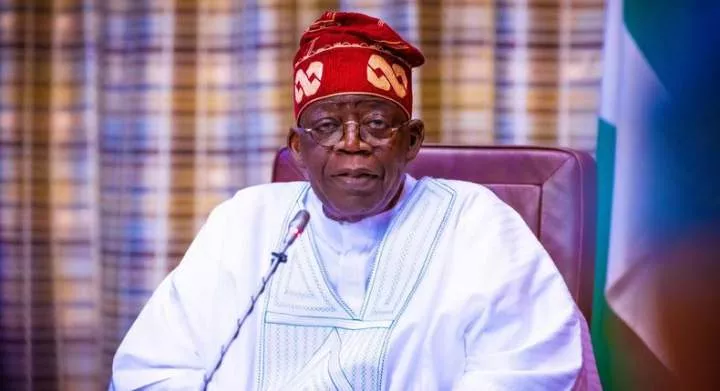

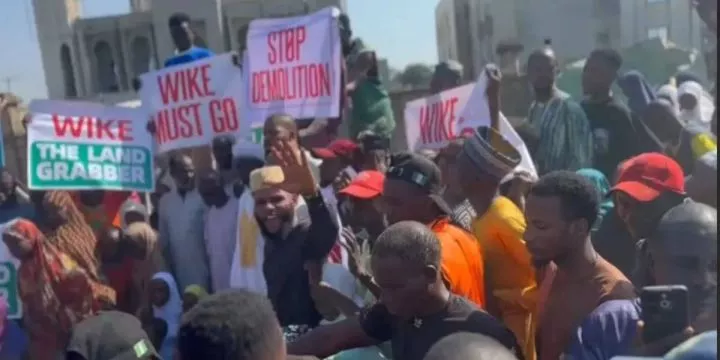

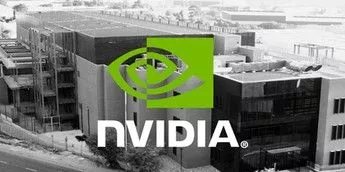





Comments